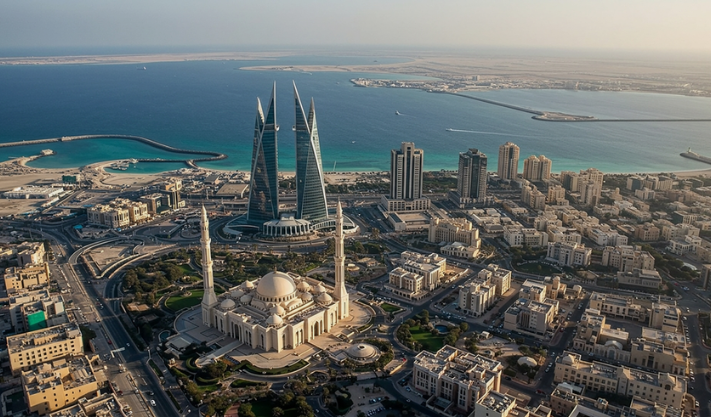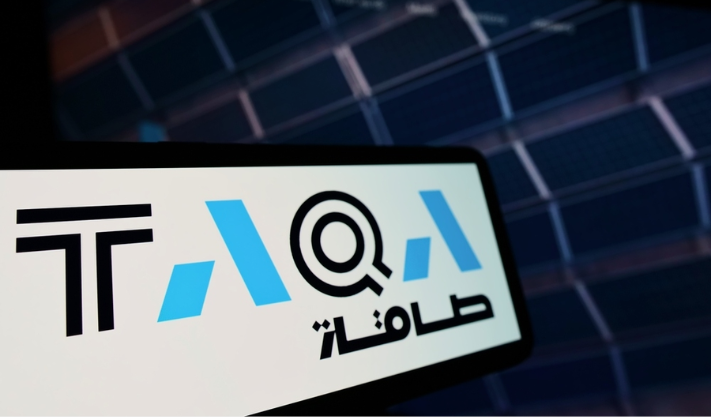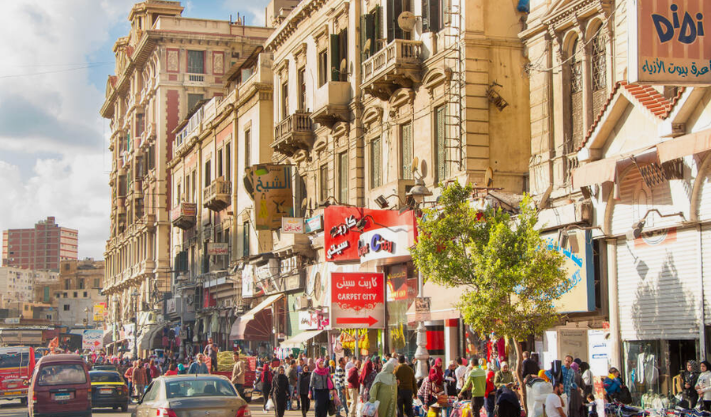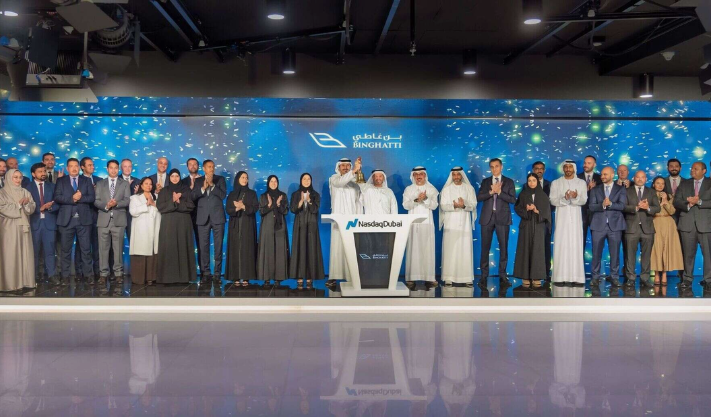Healthcare in 2025: The Middle East’s Path to Modernization
The Middle East has been undergoing a significant transformation in its healthcare sector, driven by technological advancements, increased government investments, and a growing focus on innovation. By 2025, the region’s healthcare landscape has become more modern, efficient, and patient-centric, addressing key challenges such as accessibility, affordability, and quality of care.
Technology-Driven Healthcare
One of the biggest drivers of modernization in Middle Eastern healthcare is technology. Artificial intelligence (AI), telemedicine, and digital health records are revolutionizing how patients receive care. AI-powered diagnostics enable faster and more accurate detection of diseases, reducing the burden on healthcare professionals. Telemedicine has expanded access to healthcare services, particularly for rural populations who previously had limited access to specialists. Patients can now consult doctors via virtual platforms, reducing wait times and hospital visits.
The adoption of electronic health records (EHR) has also improved efficiency, allowing medical professionals to access patient histories instantly. This seamless integration of digital tools ensures better coordination between hospitals, clinics, and pharmacies, leading to more effective treatments and fewer medical errors.
Government Investments and Policy Reforms
Governments across the Middle East are playing a crucial role in the modernization of healthcare. Countries like the United Arab Emirates (UAE), Saudi Arabia, and Qatar have launched ambitious healthcare initiatives aligned with their national visions. For instance, Saudi Arabia’s Vision 2030 prioritizes healthcare infrastructure, aiming to increase private sector involvement and enhance medical services.
Similarly, the UAE has invested heavily in world-class medical facilities, attracting international partnerships to establish advanced research centers and hospitals. Governments are also implementing regulatory reforms to ensure high-quality healthcare standards, making the region a medical hub for both residents and medical tourists.
Advancements in Medical Research and Biotechnology
The Middle East is becoming a center for medical research and biotechnology, with increasing investments in pharmaceutical production, genetic research, and personalized medicine. Local pharmaceutical industries are expanding, reducing dependency on imported medicines and enhancing regional healthcare security. Genetic research, particularly in the field of rare diseases and hereditary conditions common in the region, is paving the way for personalized treatments tailored to individuals’ genetic profiles.
Biotechnology firms are also contributing to the healthcare revolution by developing innovative treatments for chronic diseases such as diabetes, cardiovascular disorders, and cancer. These advancements are not only improving patient outcomes but also reducing the overall healthcare costs by focusing on preventive care and early diagnosis.
Focus on Preventive and Holistic Healthcare
Another significant shift in Middle Eastern healthcare is the emphasis on preventive care and holistic well-being. Governments are launching awareness campaigns on lifestyle diseases, promoting healthier living through better diet, exercise, and mental health support.
Additionally, wellness programs incorporating traditional Middle Eastern healing practices alongside modern medicine are gaining popularity. With the rise of lifestyle-related illnesses, more people are seeking integrative approaches that combine conventional treatments with alternative therapies.
The Future of Healthcare in the Middle East
By 2025, the Middle East’s healthcare sector has evolved into a modern, technology-driven, and patient-focused industry. With continued investments in AI, biotechnology, and research, the region is on track to becoming a global leader in medical innovation. As governments push for further improvements, the future of healthcare in the Middle East looks promising, ensuring better healthcare access and improved quality of life for millions of people.
Published: 30th January 2025
Also Read:
Luxury and Sustainability: A New Era of Middle Eastern Travel
How Smart Cities are Reshaping the Middle East
The Rise of Sustainable Investments in the Middle East





